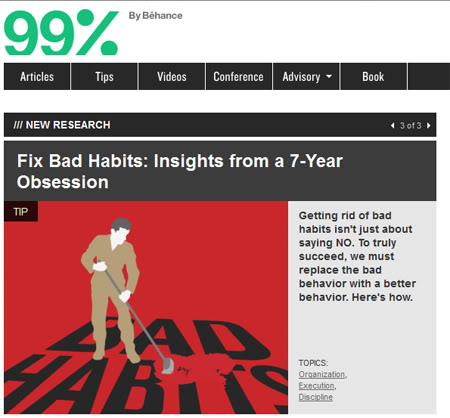By Jessy Troy
I have spent several years in the wonderful, strange world of freelance writing. While it is a blessing in many ways, it can also have a downside. Mainly trying to maintain inspiration and motivation when writing for such a large number of publications. From magazines to newspapers to webmasters, there are so many projects that can sap your time and energy.
Because the topics are always the same, and they are almost always on subjects you have to come up with, it can be difficult to get that spark of artistic genius that leads to a successful, interesting article.
While common sense would dictate that taking a hiatus to clear the mind would be the way to go, such as with novelists, that isn’t an option for the freelance writer. This is the job and if you don’t do it you don’t get paid.
But all is not lost, whatever despair you may feel. Keep this list of ways to keep your creative juices flowing, to look at whenever you find yourself stuck.
Freelance Writing, a Guide to Getting Inspired
- Get away from your computer and do something relaxing, such as go for a walk, get a cup of coffee or take a long shower or bath.
- Move on to something else for a while and go back once you feel more clearheaded.
- Ask someone’s opinion. This can be anonymously on the web, or from someone that you know personally. Just make sure all direct quotes are properly credited.
- Find sources on a topic. You should obviously never copy these sources, but using them for ideas can be a great way to bump start the brain.
- Go back to old ideas. Remember that article you were thinking of writing three months ago that ended up as a hastily written sticky note pressed to the side of a filing cabinet? It might be time to get on it.
- Check out some local places and see if anything strikes you as interesting. Maybe speak to a local business owner about the latest news, or ask around about any interesting developments in your area.
- Get a community calendar or join a website with a local community focus. This will often show you upcoming benchmarks in time for your city, state or county. Take some time to research an upcoming anniversary such as when your area was founded, and write something interesting and educational to commemorate it.
- Check out sites that host press releases, especially those about trending topics.
- Use real time search engines to see what people are speaking about right now, to see if there is anything interesting you could look into.
- Use your own life. For example, I am a writer and I frequently struggle with trying to come up with ideas for articles when I have been writing all week. I am now writing an article to discuss that, and to give other writers the benefit of my brainstorm on the subject.
- Write an article based on a numbered list. For example: Five Ways to Get That Summer Look in November.
- Ask for help: There is a free community for people to brainstorm together!
- Go out for a night on the town with no set plan of what you are going to do, in an area you don’t know. Ditch the car so you can walk around and learn about new restaurants, movie theaters, galleries, cafes, etc.
- Find a client or publication that is looking for a specific topic to be researched and written about.
- Get writing! You will be amazed at what can come from a stream of consciousness.
How do you keep yourself elevated and inspired? Please share your tips!






